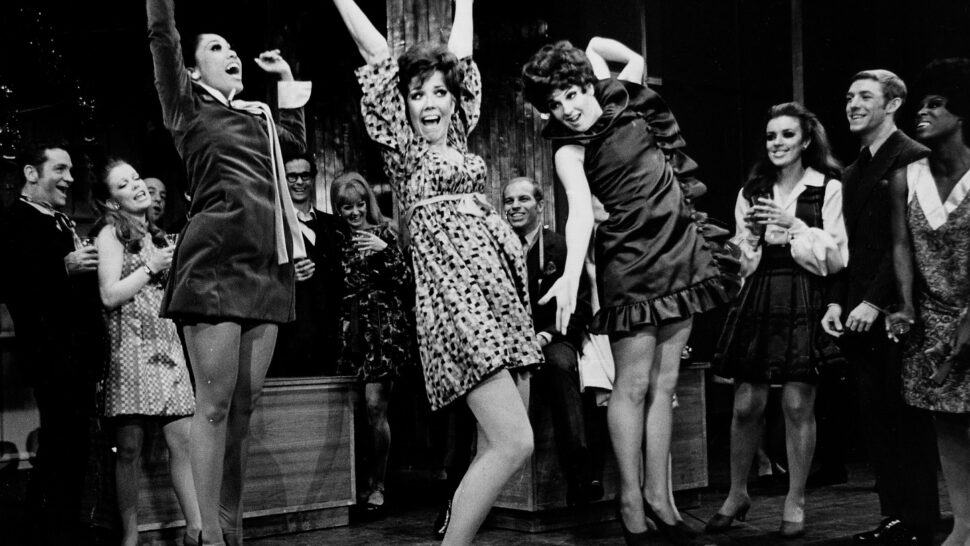
Claudia Cassidy in the Chicago Tribune:
The Metropolitan Opera’s highly anticipated spring season in the Civic Opera House is beginning to resemble a roller coaster with more downs than ups on its artistic schedule. Last night it swooped again to what only inflation could call the bargain basement, presenting a slipshod version of “Die Walküre,” which dwarfed a giant of an opera in pygmy performance and made an absorbing music drama meaningless and interminable by a curious combination of inability and inattention.
The Met will answer this by saying there are no more vocal giants, or at least not enough to count on a Wagnerian hand. Then why do “Die Walküre” in makeshift style with dreary pasteboard settings and spoil the happy memories of glorious nights no longer ago than the Wagnerian days of Flagstad, Lehmann and Melchior, with a dash of thrown in for sheer pleasure?
The best of last night’s performance was the orchestra in the pit, led at least with competence by Paul Breisach. And there were, of course, occasional outbursts of song. But the splendor, the excitement, the very reason for “Walküre”‘s being did not exist unless it blazed up belatedly in the Magic Fire after morning newspapers had perforce departed.
After the splendor of Flagstad, the clarion brilliance of Leider, Helen Traubel’s Brünnhilde was a lame substitute for the real deal. She has a wonderful voice, to be sure… and the Battle Cry blazing, and last night it lacked the burnished eloquence, the compassionate tenderness that can make the colloquy with Siegmund one of the most rewarding experiences in opera. There were interludes of statuesque singing, but they no more added up to Brünnhilde than Adrian’s strange costumes.
Kerstin Thorborg was a regal Fricka, in better voice than at the [first night], though still strained in climactic moments. Torsten Ralf was a competent Siegmund tho no man to sing the exuberant music of the first act climax. Astrid Varnay sang well as Sieglinde without telling you a thing about the woman. Osie Hawkins substituted for the ailing Herbert Janssen as a Wotan who knew the routine and Norman Cordon was tall enough to make the battle on the cliff suggest David and Goliath.
The staging was singularly unrevealing and, just in case the Valkyries sang like angels after I was gone, there were Regina Resnik, Thelma Votipka, Maxine Stellman, Lucielle Browning, Martha Lipton, Jeanne Palmer, Thelma Altman and Margaret Harshaw.
On this day in 1907 Paul Dukas‘ rarity Ariane et Barbe Bleue premiered in Paris.
Birthday anniversaries of composer Jean-Marie Leclair (1697), tenors Max Lorenz (1901) and Richard Lewis (1914), conductor Peter Maag (1919), tenor Hans Kaart and designer Josef Svoboda (both 1920).
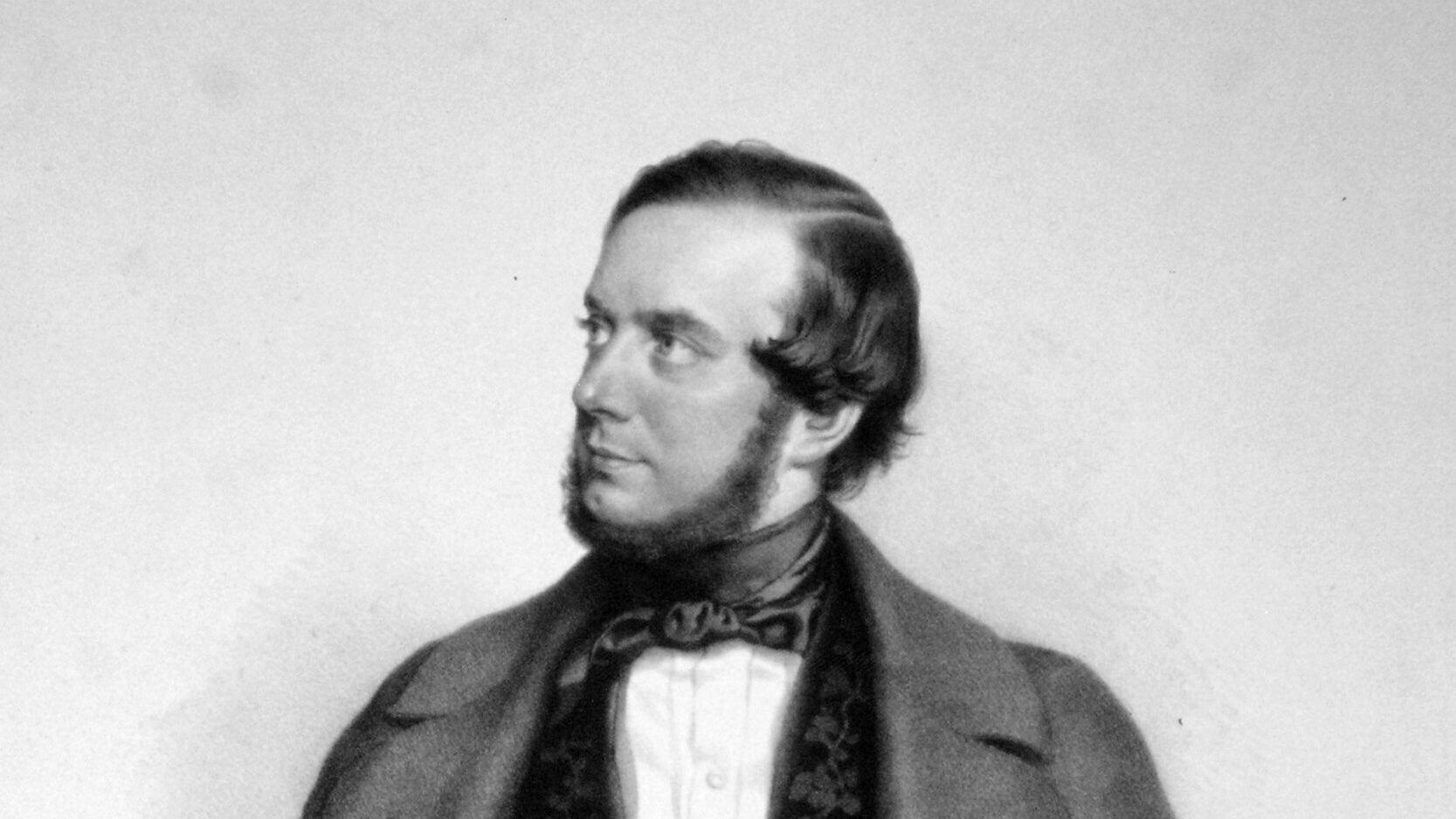
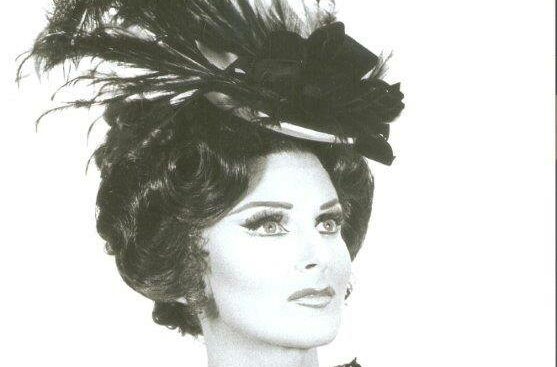

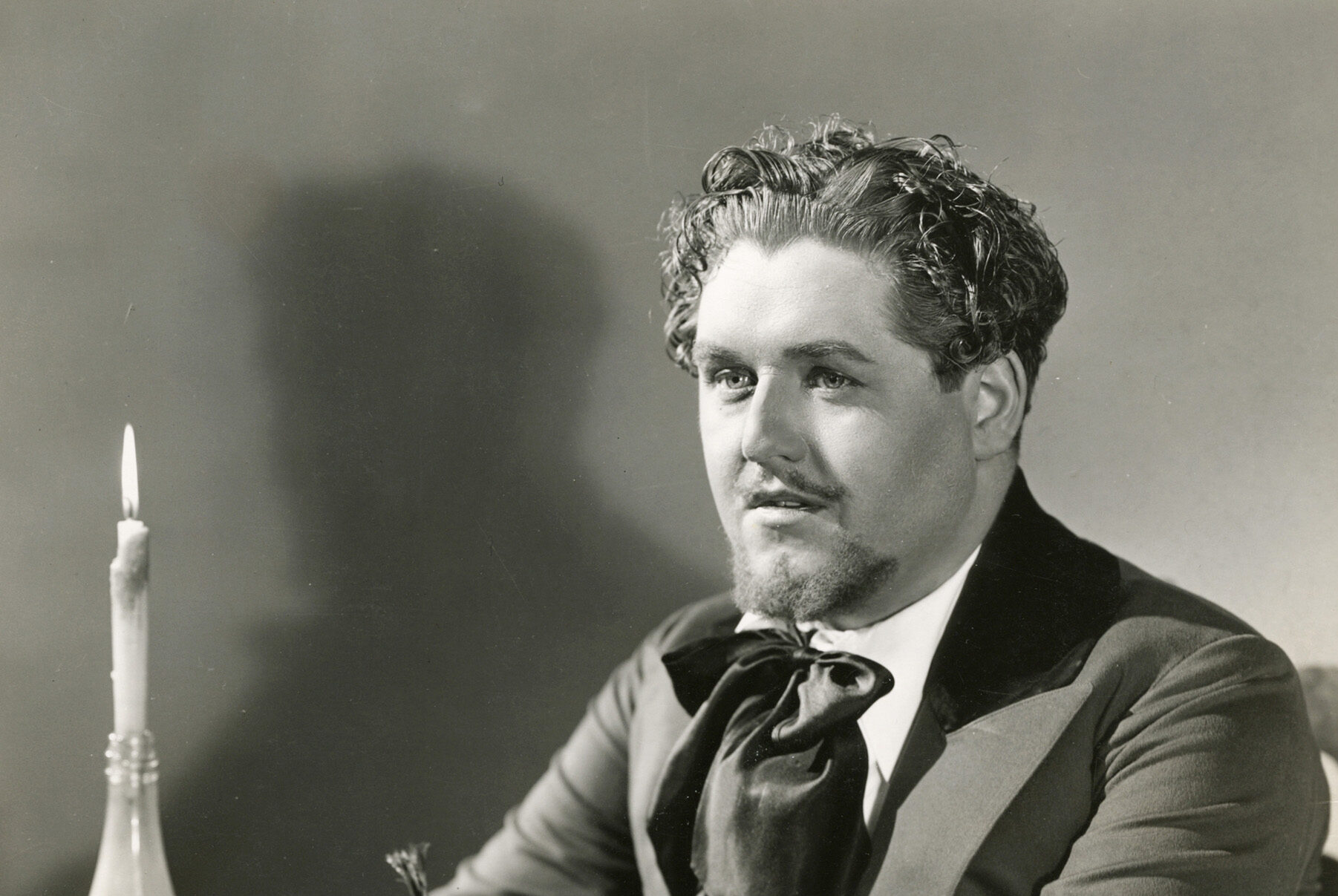
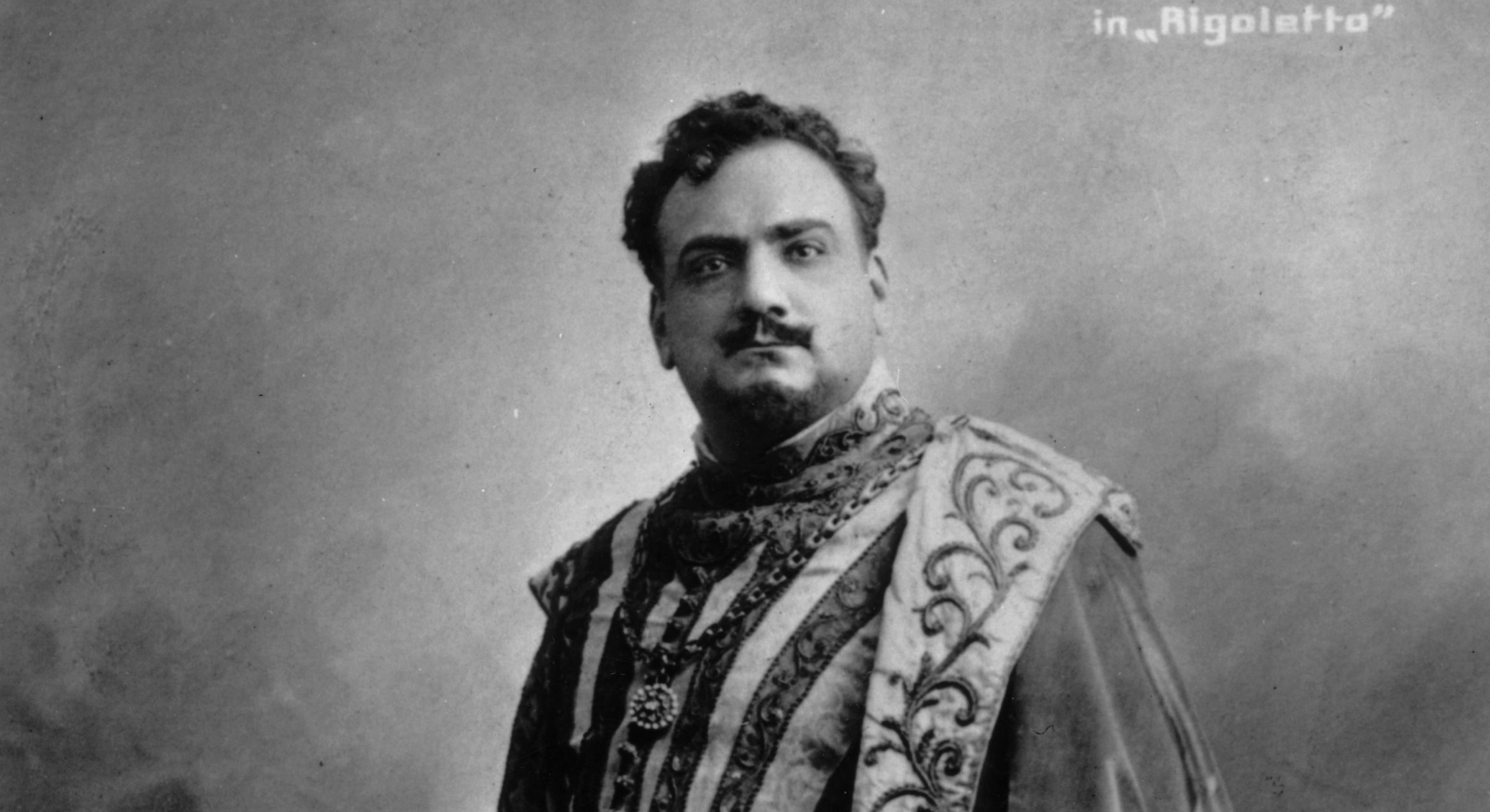
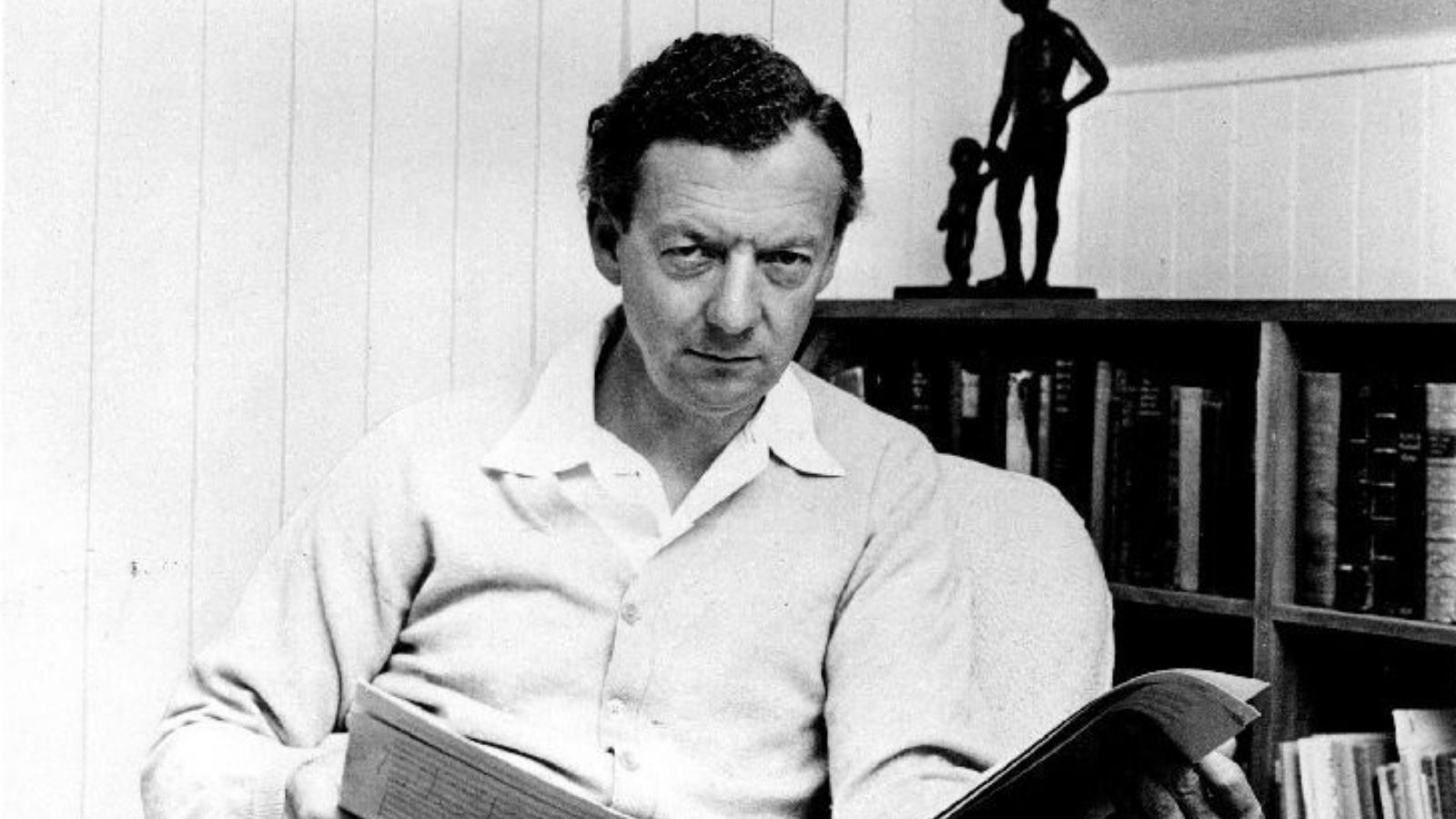
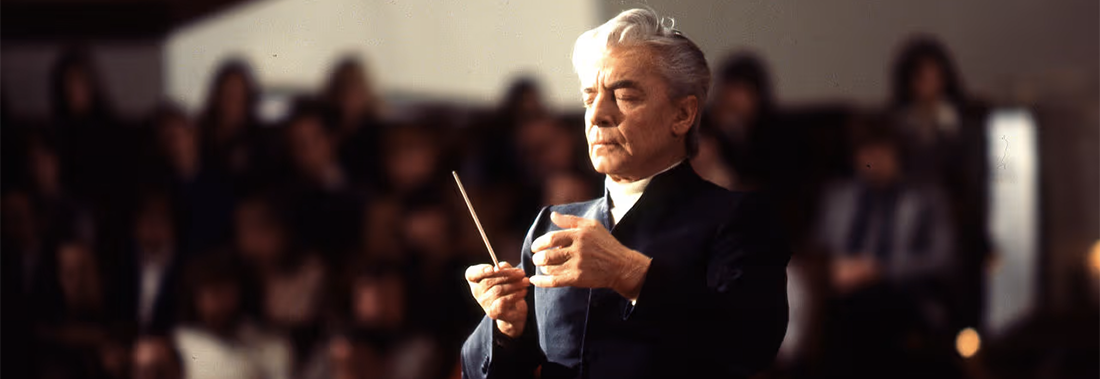
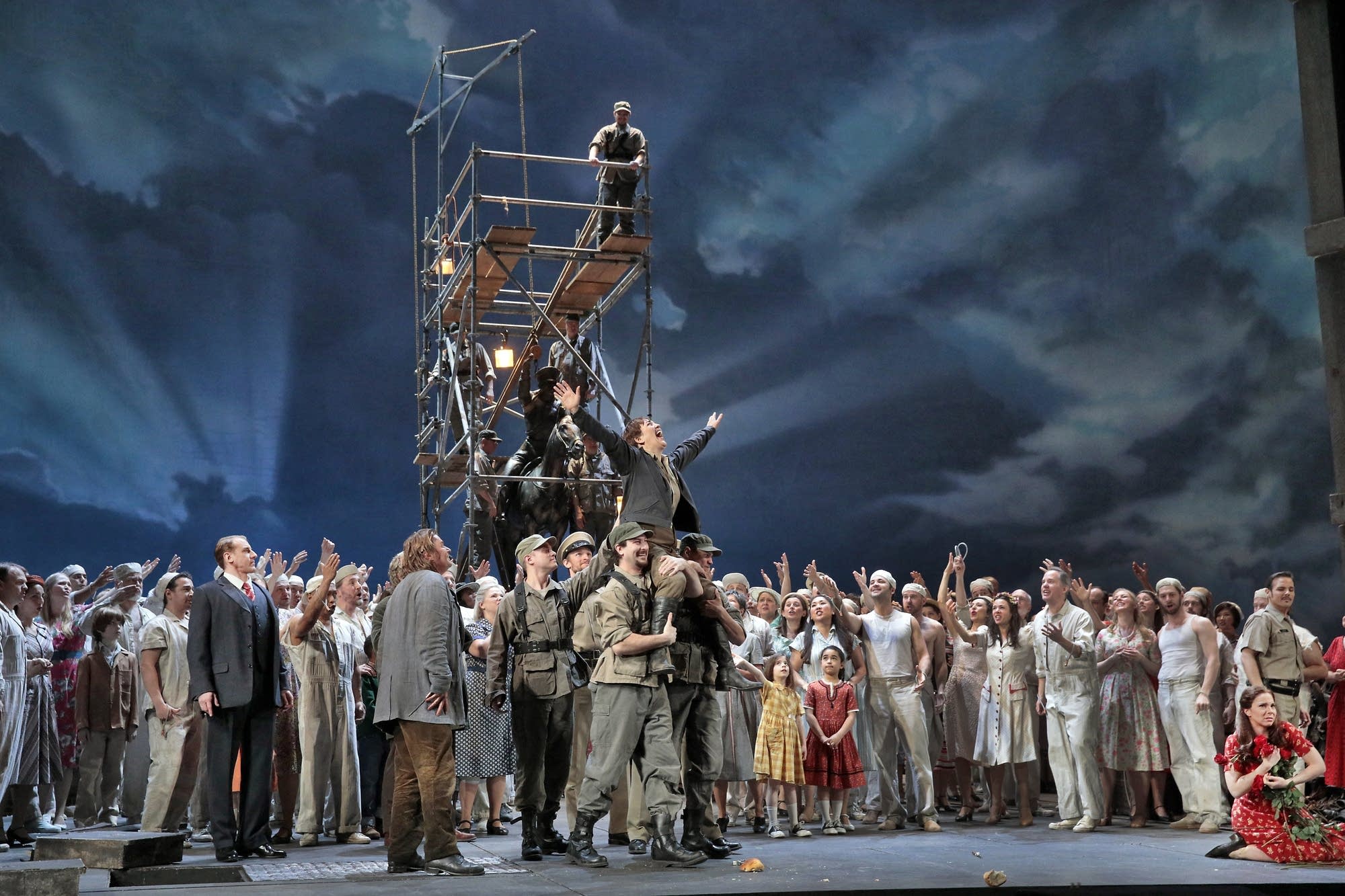
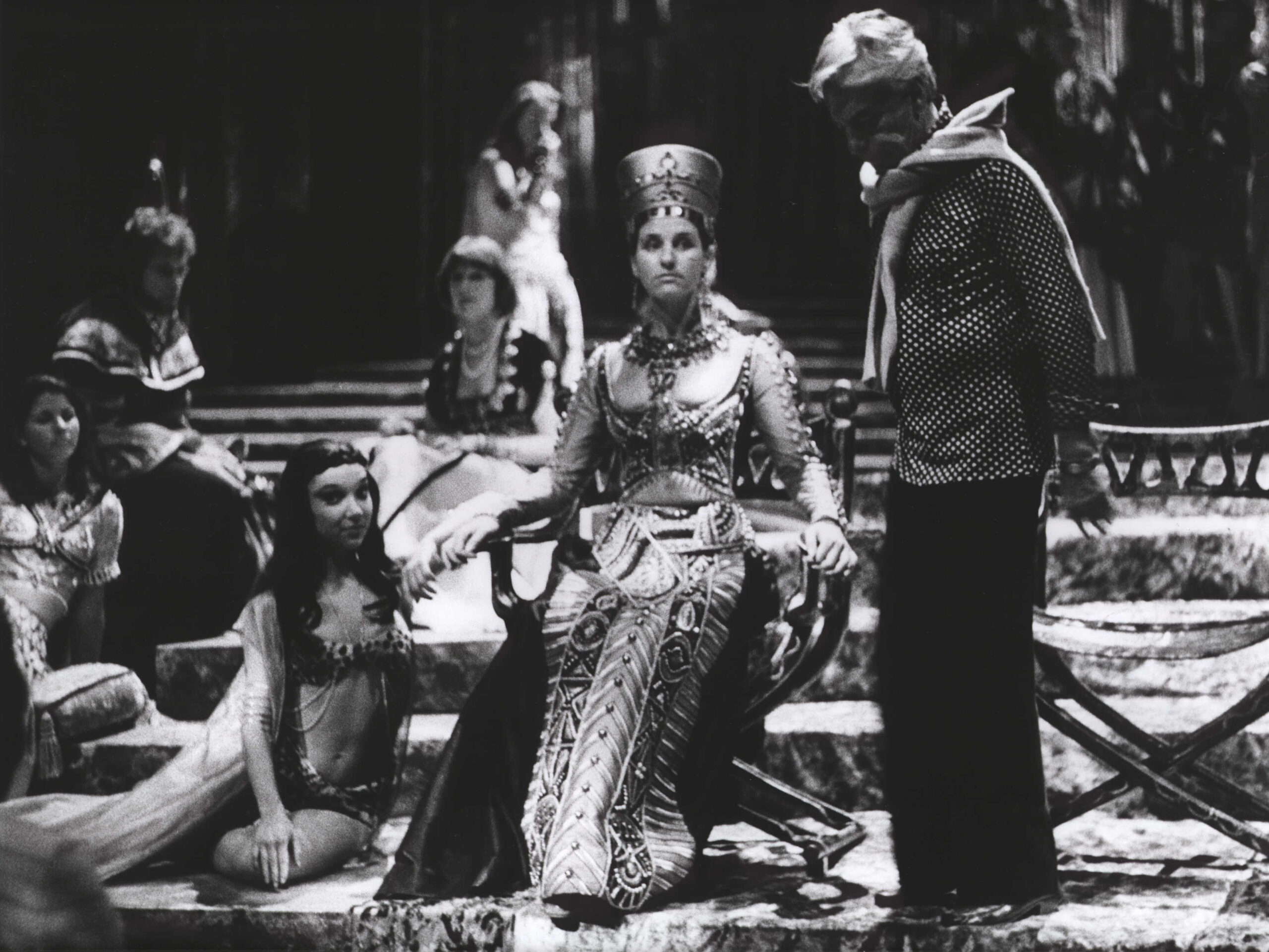
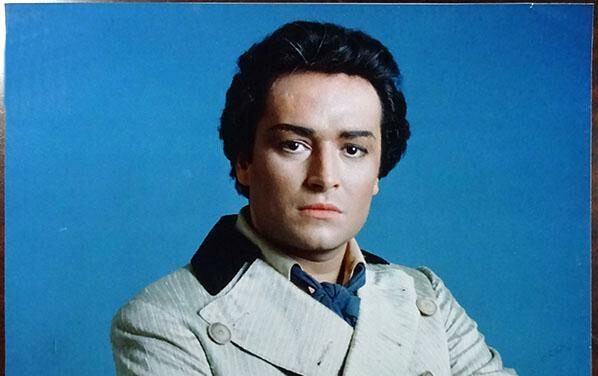
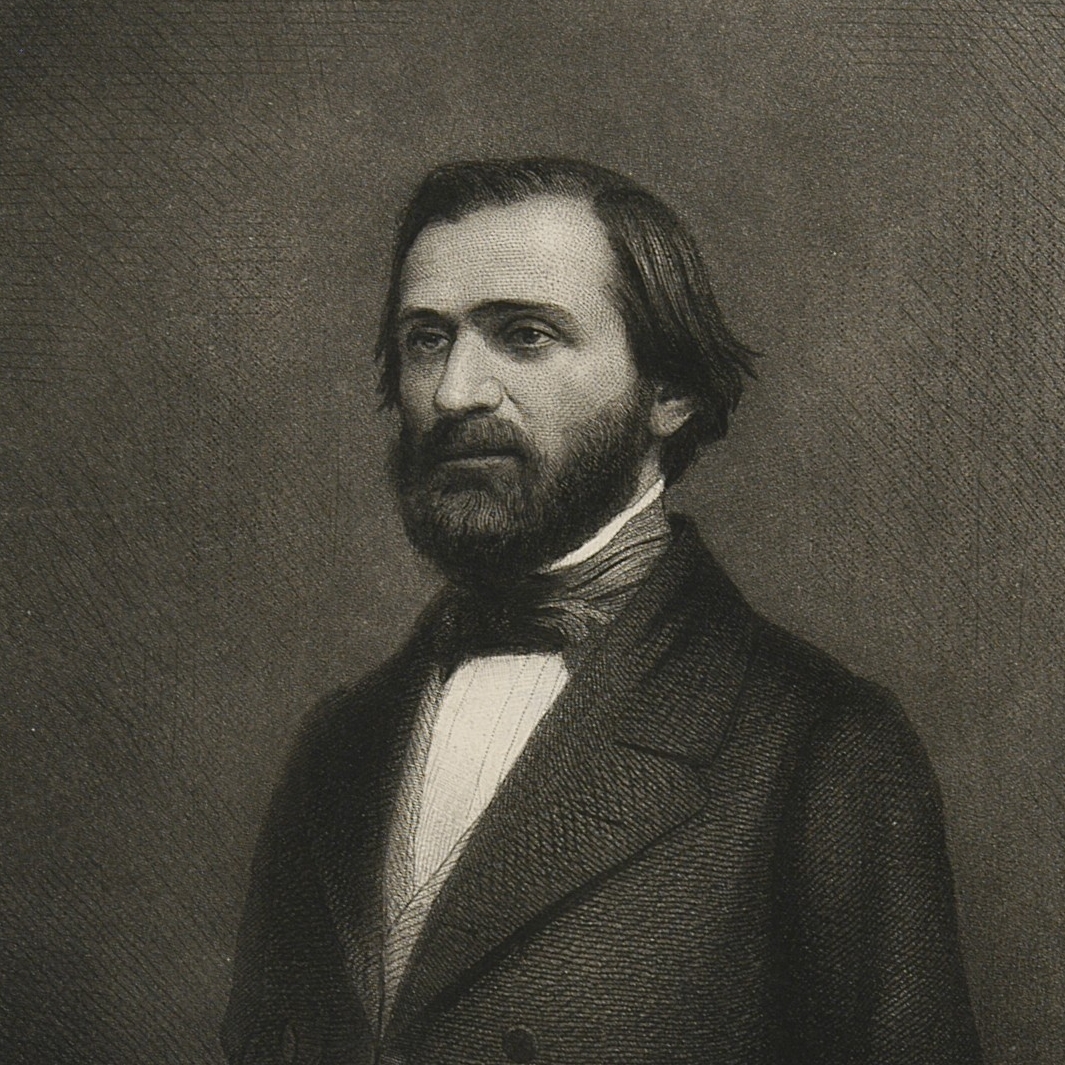
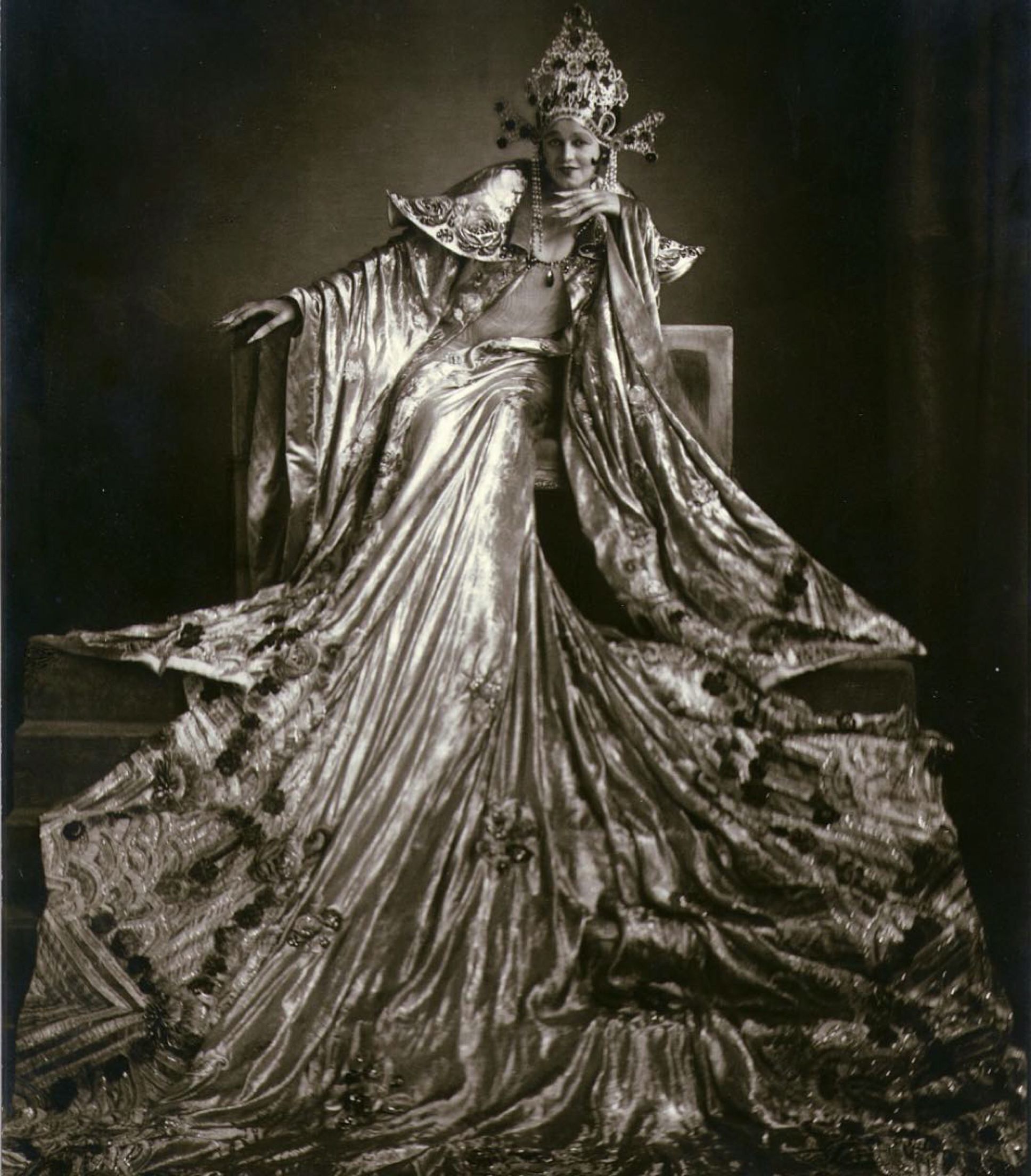
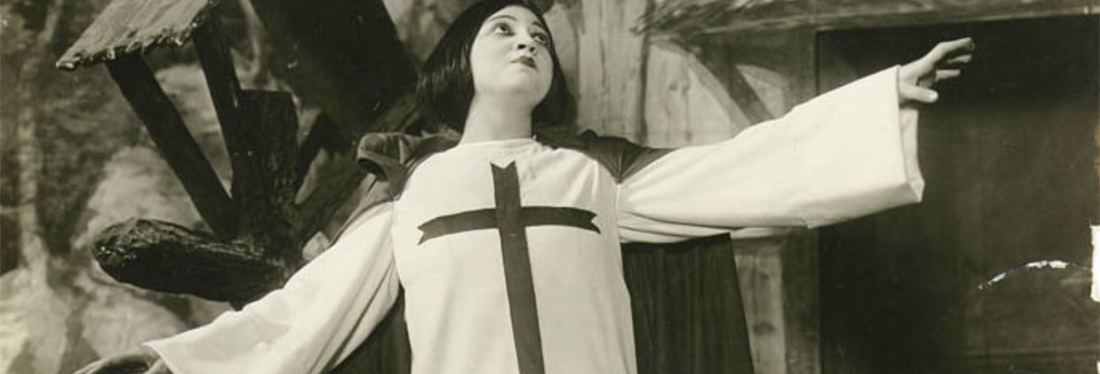
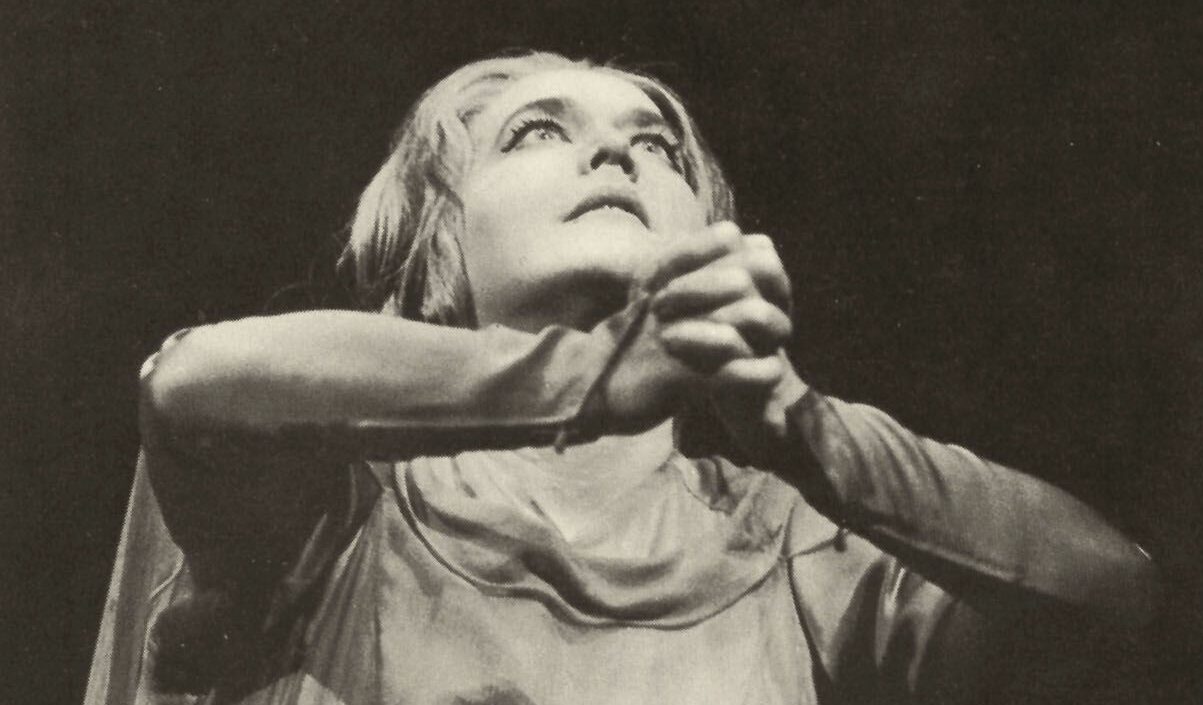

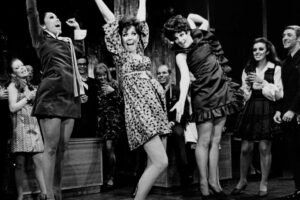
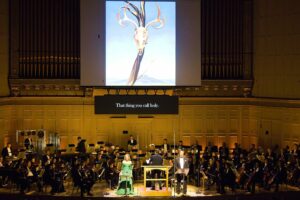

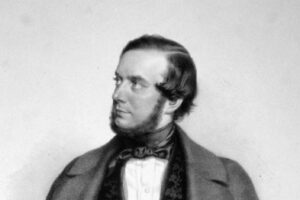

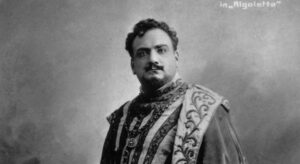





Comments